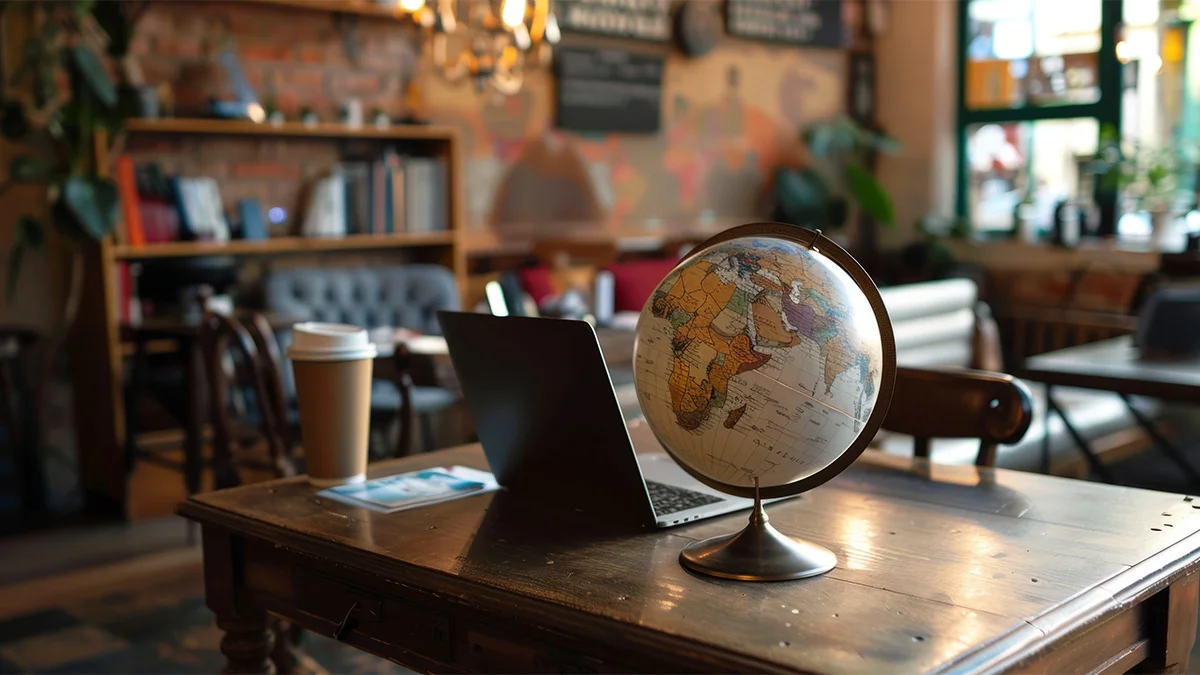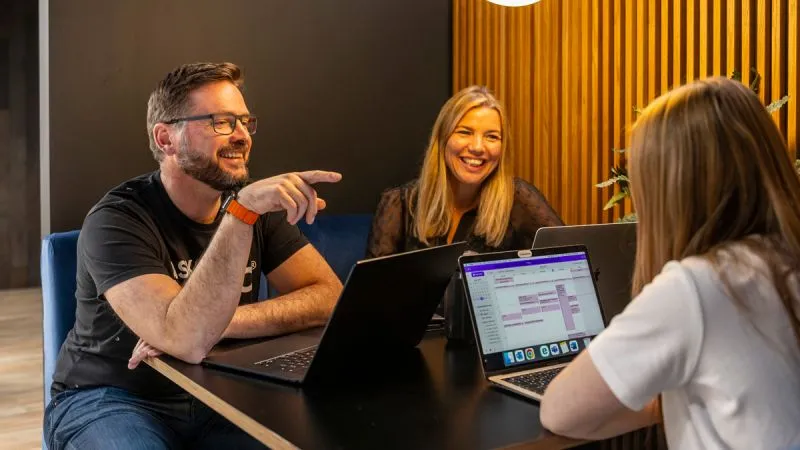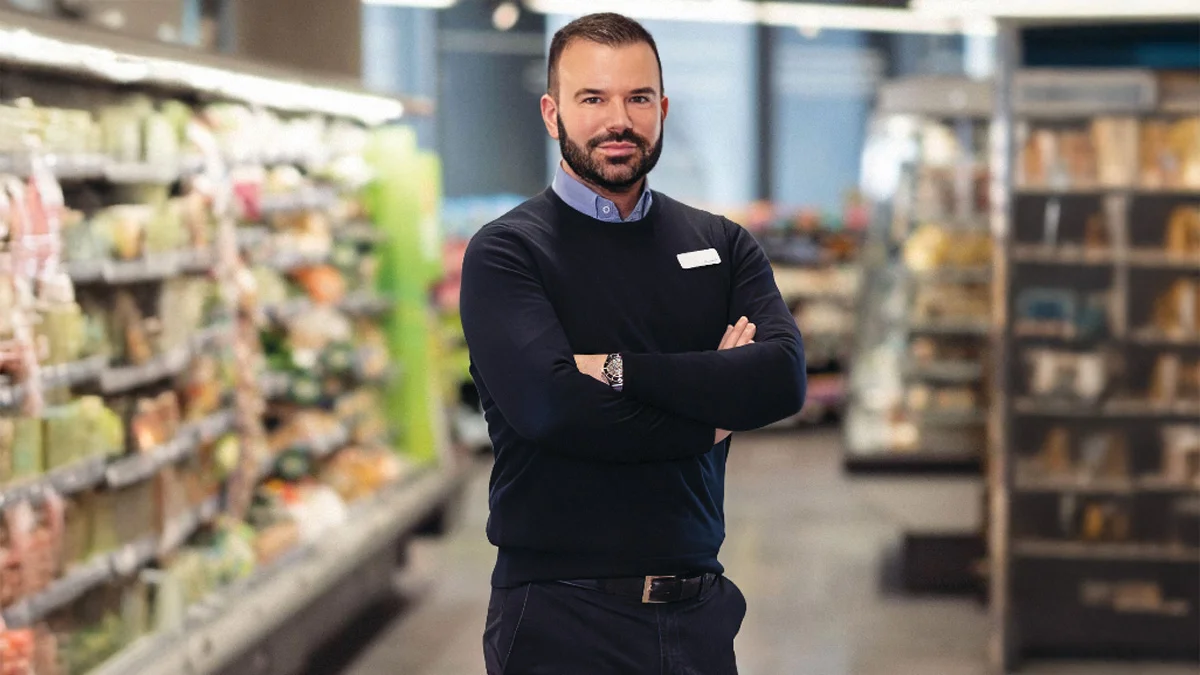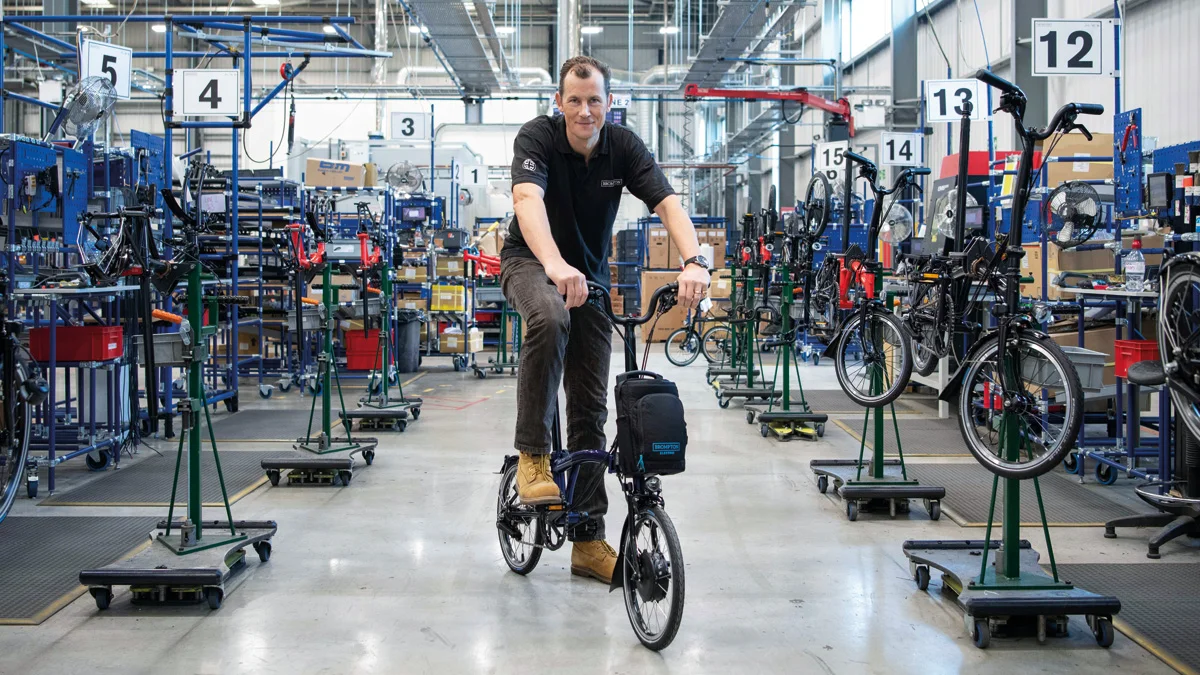
We are among the believers at Future Leap, a networking space and café on Gloucester Road, Bristol’s indie-shopping mecca.
Forty or so people have gathered in the name of sustainability to learn about a better way of doing business. Paradoxically, the building was once home to that palace of consumer consumption Maplin Electronics. Signs of the times.
The vibe is good-natured, low-key evangelism. Speakers talk of “the journey”. The audience asks searching questions about carbon footprints.
“We’re even measuring the carbon footprint of every Pieminister pie,” pipes up the organiser.
Afterwards, people tuck in at the pop-ups. There are tables of Colombian chocolate, Sri Lankan and Sudanese food, and bread from Hobbs House, a 100-year-old family bakery with B Corp classification.
That status has become the go-to seal of approval for businesses concerned about people and the planet – business as a force for good. It’s not easy to achieve – there is a rigorous assessment – but as Jon Simon, co-founder of the Pieminister, says, “It shows customers, suppliers and retailers what our brand stands for.”
The B Corp community in the UK is growing like Topsy. It first came to the UK in 2015. Since then, nearly 2,000 businesses have acquired the B Corp badge that commits to people, communities, and the planet. Most, it has to be said, are smaller businesses. B Corp’s hold on the mid-sized community of companies is less strong.
“It has become a bit of a tribe,” says Frederik Dahlmann, an associate professor of strategy and sustainability at Warwick Business School. “It has caught on at the smaller end of the spectrum. It taps into a real or perceived need to have verification of your status or your efforts.”
But there is concern that the B Corp status is not having the impact it should.
Paul Lindley, the entrepreneur who founded the organic baby food brand Ella’s Kitchen, was an early advocate of B Corp classification when it arrived from the United States. Although he had sold Ella’s in 2013, he stayed on as chairman and the company became a B Corp in 2016. At the time, Ella’s enjoyed annual revenues of £80m and directly employed about 100 people.
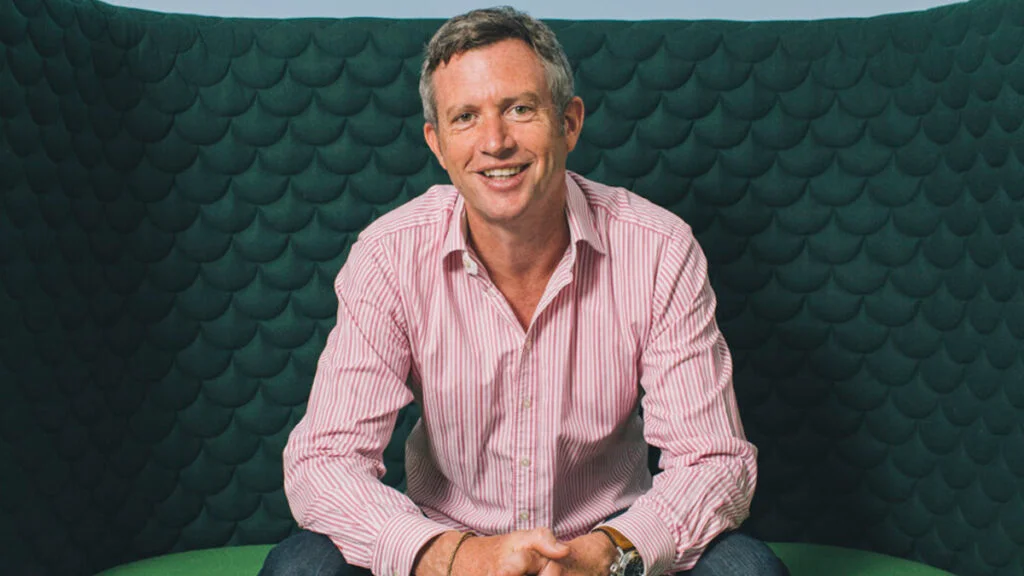
“I see the benefit of the opportunity for like-minded businesses to collaborate and feel part of a movement helping each other and other businesses get to a better place,” says Lindley.
“That’s a little bit fluffy, but that’s how we are as human beings,” he admits. “You feel as though you belong or you don’t belong.”
He sees three main benefits for mid-sized businesses to undergo the arduous process needed to earn 80 points for classification. “One is the network it provides. I know Ella’s Kitchen has a mentoring scheme where it co-operates with [tea retailer] Pukka Herbs, Cook [the frozen ready-meal maker] and [pet food seller] Lily’s Kitchen. And that’s a huge benefit because they bring a different perspective.
“The second is about reputation, especially for recruiting staff. If you are a growing company, you want to attract the best talent. If you’ve got this badge and you operate in a certain way - especially with the twenty-somethings – that makes a practical difference if you are looking for the very best people.”
And thirdly: “You can protect your mission. If you are beginning to talk about mergers and acquisitions or going to the public market or attracting new finance, it’s a very clear marker about who you are. You don’t want to hook up with somebody who says: ‘Forget all of that, we are off to make as much money in the short term as possible, and it doesn’t matter what we do to the environment’.”
Will Butler-Adams, chief executive of Brompton Bicycle, is passionate about the philosophical and practical advantages that B Corp status brings to the manufacturer of 90,000 foldable bikes a year.
First, the practical argument. “We’re doing B Corp because we think capitalism, in its purest form, is not sustainable,” says Butler-Adams, who has worked at the business for 22 years and led it since 2008. “A new form of capitalism needs to be born, which is not just looking at shareholder value.
“There has to be a wider perspective, which takes into consideration people and planet. From a commercial perspective, in the light of what's coming down the track for planet Earth, if you’re not a business that takes the people and planet into consideration, I just don't think you'll have any customers, you'll be absolutely ridiculed.”
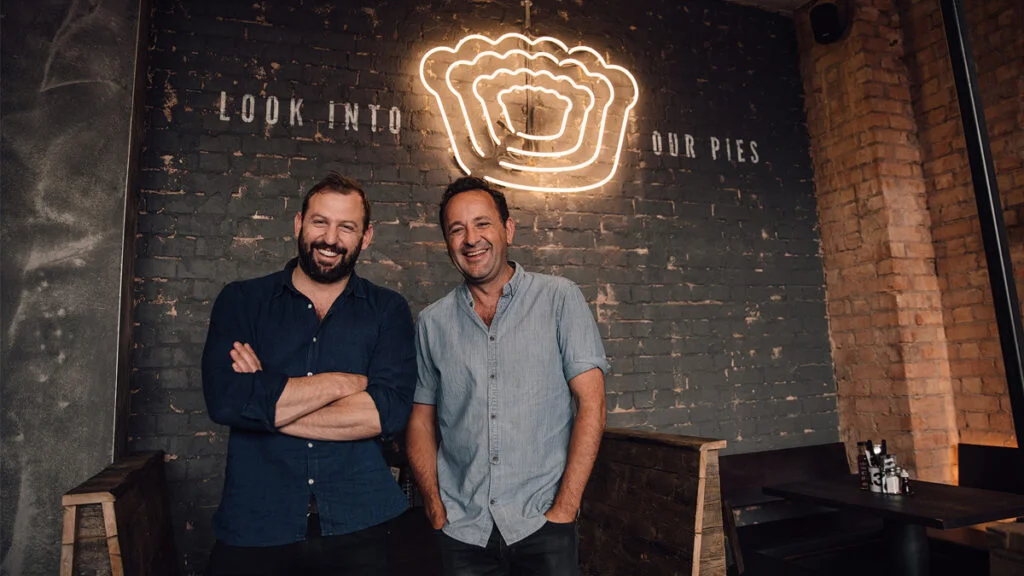
You have to wonder how that approach goes down with Luke Johnson, an investor who sits on the Brompton board. According to Butler-Adams, the venture capitalist Johnson cares for the people and the planet but is sceptical about greenwashing. So it’s about carbon.
“The smartest way to reduce your carbon footprint is to have less waste,” says Butler-Adams. That means looking at the buildings, use of gas, the packaging, the recycling. “And guess what? If you reduce waste, it drops straight to the bottom line.”
Butler-Adams is optimistic about what more can be done. “As an organisation, we’ve only just got started, there is shedloads for us to do, particularly when you start getting into your supply chain. You can go to your suppliers and say, ‘Come on guys, we need you to change your power, we need you to pay a living wage to your staff’. And you create more pressure. There are things that are within our control. But increasingly, you need to influence things that are not directly in your control.”
As a minority investor in many British and Irish companies – including Brompton, as it happens – the investment company BGF (once the Business Growth Fund), found itself going down the path of B Corp certification. Roshni Bandesha of BGF says, “We wanted to hold ourselves accountable to some standards that were rigorous and consistent with how we lead with our purpose. B Corp stood out because of its ability to look at businesses’ ability to incorporate the voices of the stakeholders.”
Bandesha, head of ESG at the big banks-backed fund, adds, “If we are asking our portfolio companies to go down the part of certification, it is critical we try to emulate the same behaviour.”
BGF holds stakes in 350 companies in its investment portfolio. Eight, including Gousto, have B Corp status. Fifteen more are in the process. Bandesha believes the status does not suit all sectors. It’s much more likely to attract consumer-facing businesses. “We think it helps in building consumer brands and trust.”
Pieminister was drawn to certification because it endorsed its values to customers. Other retailers have also taken advantage of the status, if not sought it themselves. Since early 2021 the online grocer Ocado Retail has maintained a B Corp aisle which now features almost 1,400 products from certified suppliers.
As Ocado Retail’s head of sustainability at the time, Jo Cameron saw how hard it was to give products a sustainable seal of approval. Yet the data analytics, which showed customers searching for the word “eco”, pointed to a demand. Introducing the aisle gave those customers a destination. And the suppliers were able to use Ocado marketing to talk about what being a B Corp means.
Chris Turner is the executive director of B Lab UK, which runs the country’s B Corp certification. It’s a charity growing at breakneck speed. What’s more, if the media are talking about B Corps, it’s usually because a business, such as Brewdog, has attracted some bad headlines. The brewery and pub owner decided not to continue its certification at the end of 2022.
However, Turner has much more on his plate. He is leading the Better Business Act campaign, which seeks to end the primacy of shareholders in section 172 of the Companies Act. Instead, businesses would commit themselves to the triple bottom line: people, profit, and planet. Not only that, the certification process itself is under review, and after consultation will be revamped in a year or so.
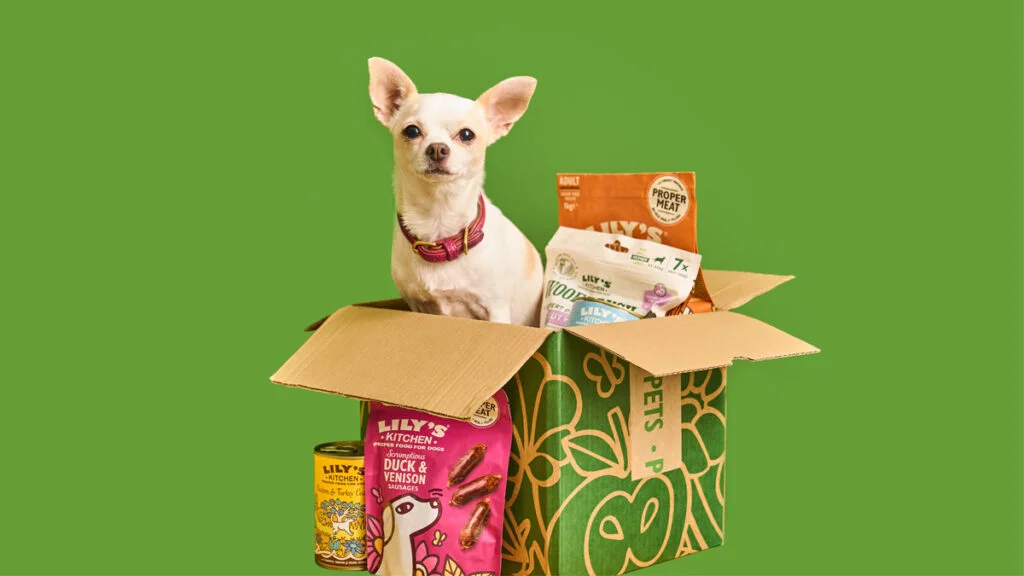
Turner doesn’t think mid-sized businesses should be deterred by the process and demands of B Corp certification. “Medium-sized businesses have the additional size and complexity to make integration and embedding of B Corp principles a more complicated ask. But that makes having a B Corp framework even more valuable,” he says.
Like Paul Lindley, Turner stresses the benefits of “being part of the community of businesses that are B Corps, and learning from them, being able to share and exchange ideas.” Like Butler-Adams, Turner highlights the process of becoming a B Corp – “the actual work that goes into completing the assessment, getting everyone on the same page, then having a framework to make improvements that focus on people and planet and positive impact.”
Of the many arguments in favour of B Corp certification, Brompton’s Butler-Adams provides perhaps the strongest – and one that could be key to encouraging bigger businesses to sign up. It’s not about customers, he says. “Most people, when push comes to shove, will buy what they think is the best product at the best price. Any of the B Corp stuff is a little cherry on the top that makes them feel good.
“It’s not a key decision-maker. But for your staff, it is. It means a huge amount to the staff to feel like they're committing their lives to a business that actually cares and isn’t doing nasty things.
“Your job is so important to your social wellbeing and your family and what they think of you. They ask you what your job is. And if you’re with a company where you can say our company is a B Corp, you know that really means something to our staff.
“The biggest value, notwithstanding the waste reduction, in the hearts and minds department is our staff – by a long way.”
This article was featured in the March/April 2024 edition of Business Leader magazine.
Related and recommended
Contestants from The Apprentice reveal the fundamental business lessons they learned from taking part in the TV show
From global talent pools to AI-powered documentation, a work-from-anywhere model is a new way of thinking about productivity, innovation and teamwork
The story of how cycling brought Business Leader member John Readman together with his co-founder and investors
Stuart Machin’s hands-on leadership has revived M&S, tripling its share price and reshaping its future, by obsessing over the details, from shop floors to staff message boards



